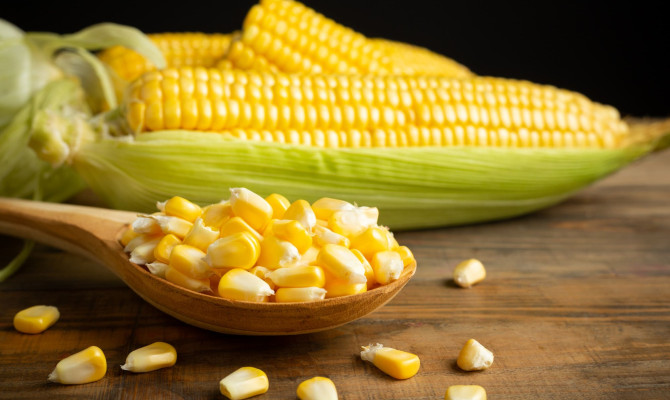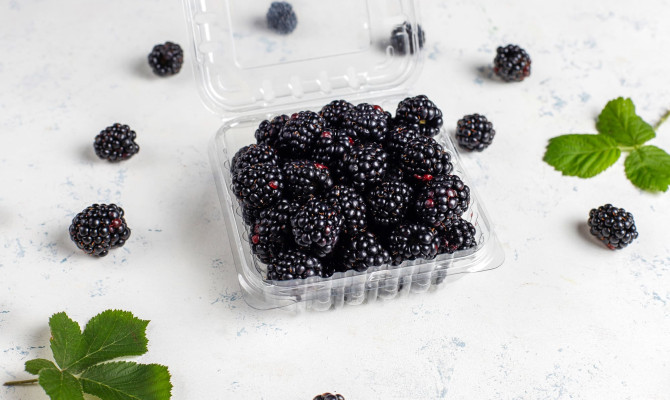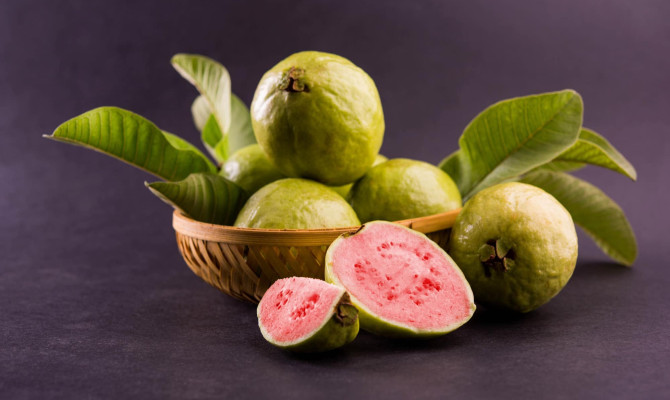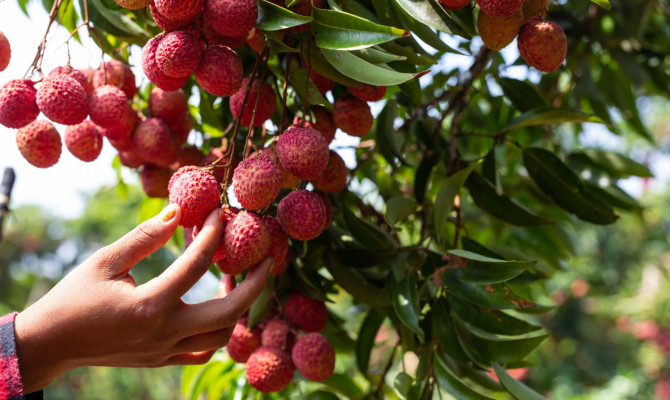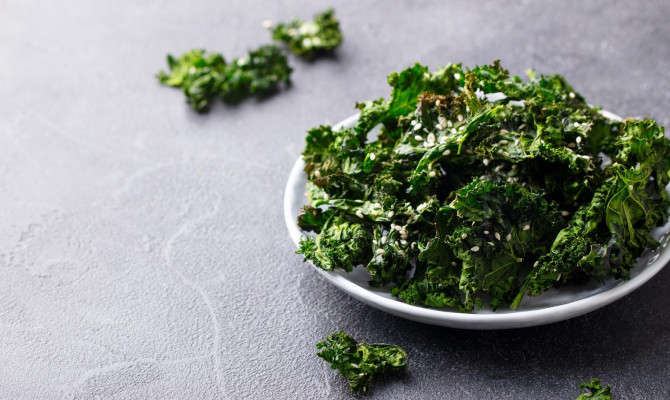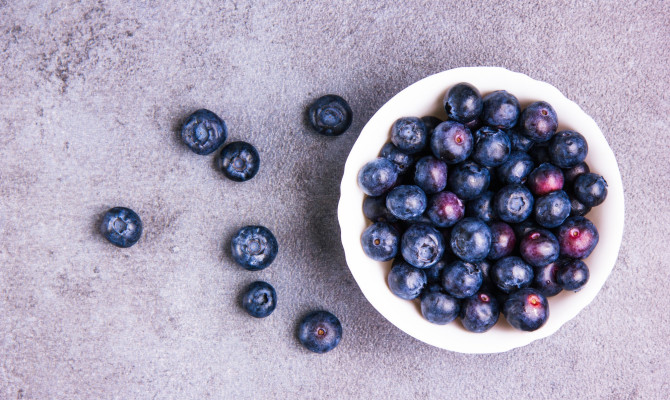Exploring the Nutrition and Benefits of Kiwi

- Kiwi
- 22 Aug 2023
Overview
About Kiwi
Few fruits can compare to the exceptional Kiwi fruit in its delicious flavor and wide range of health advantages. This small gem has become a favorite among health-conscious people looking for a natural boost to their well-being because it contains vitamins, minerals, and antioxidants.
The many advantages of kiwi fruit will be discussed in this article, along with its nutritional makeup and how it may be a beneficial addition to a healthy, balanced diet.
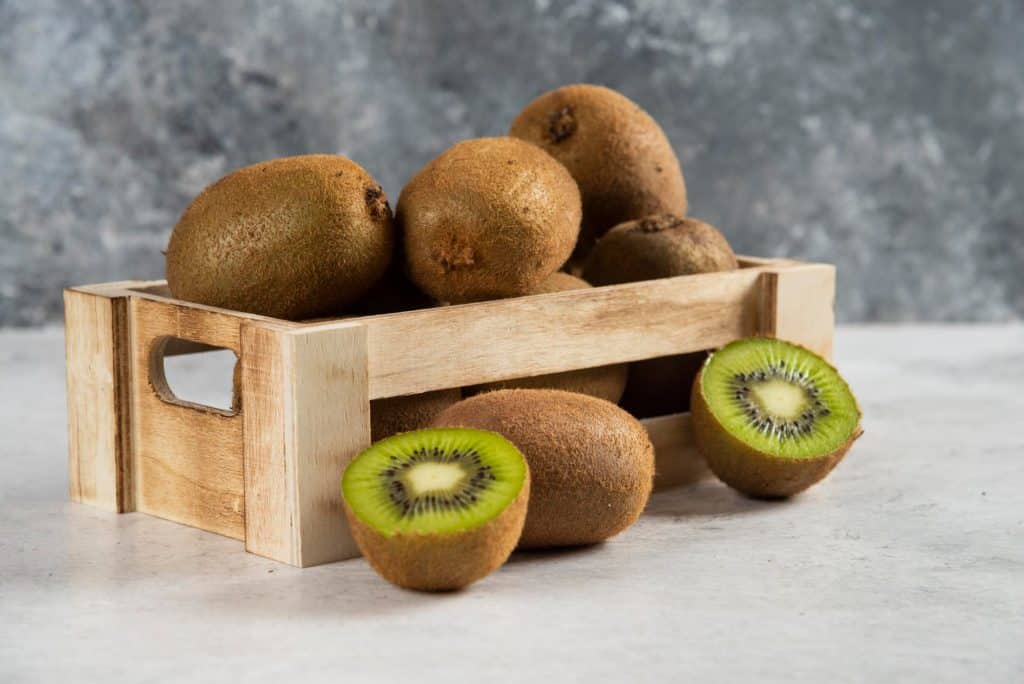
Benefits
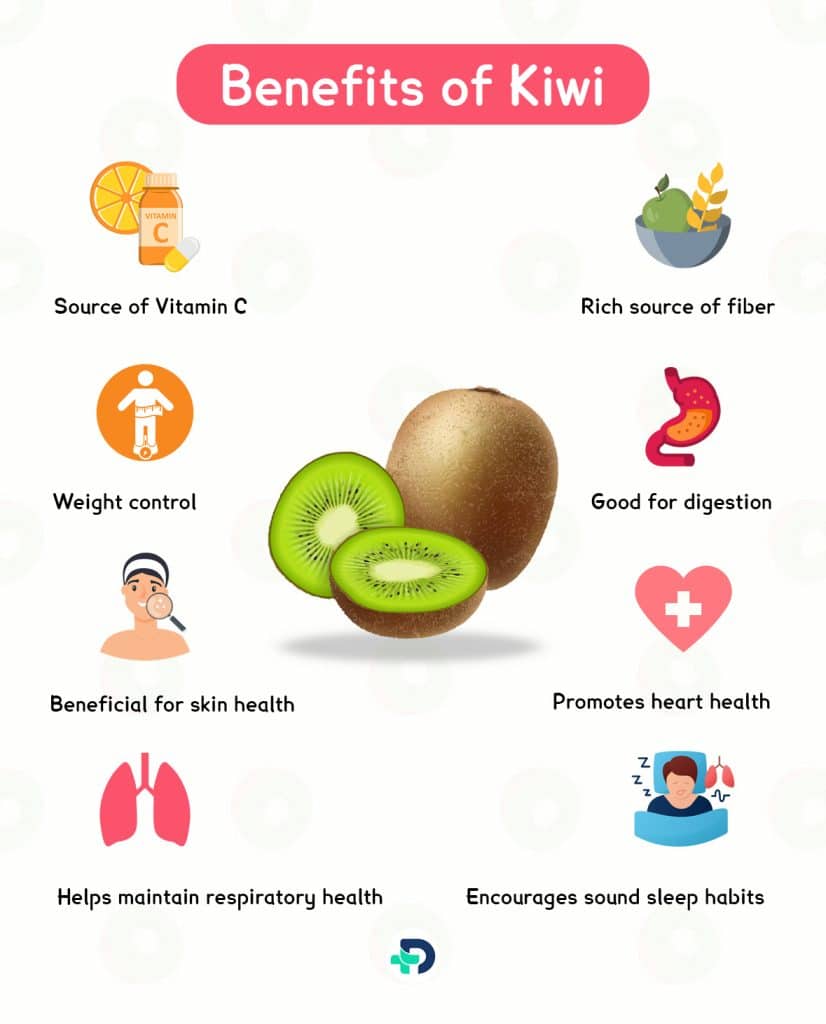
Benefits of Kiwi
Here are the various ways in which kiwi helps us:
- Source of Vitamin C
- Rich source of fiber
- Promotes heart health
- Good for digestion
- Helps maintain respiratory health
- Promotes a good sleep
- Beneficial for skin
- Weight control
Source of Vitamin C
- It is well known for having a significant amount of vitamin C. It is one of the most abundant fruits in this essential component. More vitamin C can be found in a single medium-sized kiwi than the average adult needs daily.
- It is essential for immune system support, collagen production for good skin, iron absorption, and immune system support. It also serves as a strong antioxidant that aids in protecting the body from harm caused by free radicals.
- You can quickly increase your vitamin C intake and take advantage of the many benefits the kiwi fruit offers by including it in your diet.
Rich source of fiber
- A fantastic source of dietary fiber. Because of this, it can be a valuable complement to a diet that supports good digestive and general health.
Promotes heart health
- It has potassium, a crucial mineral for maintaining blood pressure. A healthy potassium intake is linked to a lower incidence of hypertension and can benefit cardiovascular health.
- Kiwi’s dietary fiber may lower the absorption of harmful cholesterol from the digestive tract, which may help control cholesterol levels. It has a lot of antioxidants, which help lessen inflammation and shield blood vessels from oxidative damage. The cardiovascular system’s integrity can be preserved in this way.
- Its naturally low levels of saturated fat and cholesterol make it a heart-healthy snack that won’t promote the development of artery-clogging plaque.
Good for digestion
- Actinidain, a natural enzyme that helps break down proteins during digestion, is one of the natural enzymes found in kiwis. This enzyme may aid in the overall smoothness of digestion and be especially beneficial in the breakdown of complicated meals.
- It has prebiotic components that encourage the development of beneficial bacteria. General gut health depends on healthy gut microbiota.
- Its high water content helps to keep the body hydrated, maintain a healthy digestive system, and lessen constipation.2Benefits| Researched based study from Nlm.nih.gov ,3Benefits| Researched based study from Nlm.nih.gov
Helps maintain respiratory health
- It is essential for assisting the immune system. A strong immune system protects against viruses and respiratory illnesses like the flu and the common cold.
- Kiwi’s phytonutrients and antioxidants may have anti-inflammatory properties. Chronic respiratory system inflammation can aggravate asthma and other respiratory diseases.
- People with respiratory problems might get comfort from anti-inflammatory qualities’ ability to lessen inflammation in the airways.
- Its antioxidant qualities also lessen lung tissue damage and safeguard against respiratory illnesses.4Benefits| Researched based study from Nlm.nih.gov
Encourages sound sleep habits
- Serotonin neurotransmitters found in kiwis play a part in regulating sleep cycles and fostering calm.
- Serotonin is a precursor to melatonin, a hormone that controls the sleep-wake cycle, and having enough of it can improve the quality of your sleep.
- Kiwi’s antioxidant qualities help one feel calmer and more relaxed, which promotes better sleep.
- Fruits low in calories can make filling and healthful bedtime snacks. It won’t make you dizzy before bed, allowing your body to unwind and fall asleep more easily.7Benefits| Researched based study from Nlm.nih.gov
Beneficial for skin health
- Vitamin C, essential for collagen production, is abundant in it. A protein called collagen supports the structure of the skin and aids in maintaining its elasticity, which promotes a young appearance.
- Antioxidants aid in preventing the stress that free radicals can generate, which can cause early aging and skin damage. Its high water content helps to hydrate the skin.
- For the skin to remain supple and radiant, sufficient hydration is crucial. It includes vitamin E, also known for its moisturizing and soothing effects. This may help keep the skin moist and lessen dryness and flakiness.
- It is a source of the carotenoids lutein and zeaxanthin, which have been associated with defending the skin from UV rays and enhancing skin health. The actinidain-like natural enzymes in kiwis serve as a mild exfoliant, assisting in removing dead skin cells and improving skin texture.5Benefits| Researched based study from Nlm.nih.gov
Weight control
- Compared to many other fruits, it has a low-calorie count. Consuming it can offer a filling and healthy alternative without increasing your calorie intake. To regulate portion sizes and lower overall calorie intake, the fiber content can produce a feeling of fullness and increase hunger.
- The water content can aid in controlling hunger and preventing overeating.
- Nutrient-dense foods can assist in guaranteeing that you are obtaining the essential vitamins and minerals without consuming too many calories.1Benefits| Researched based study from Nlm.nih.gov
Nutritional profile
Nutritional profile of Kiwi
Here is a nutritional content of 100 g kiwi (raw)
- Calories: 61 kcal
- Carbohydrates: 14.66 g
- Sugars: 8.99 g
- Dietary fiber: 3 g
- Protein: 1.14 g
- Fat: 0.52 g
- Saturated fat: 0.045 g
- Vitamin C: 92.7 mg
- Vitamin K: 40.3 micrograms
- Vitamin E: 1.46 mg
- Potassium: 312 mg
- Folate: 25 micrograms.9Nutrition| Researched based study from Usda.gov
Side effects
Side effects of Kiwi
When included in a balanced diet and consumed in moderation, kiwi is often safe for the majority of people. However, certain individuals may encounter adverse consequences or allergic responses, such as:
Allergic responses
- Kiwi allergies can cause symptoms including hives, itching, swelling, and breathing difficulties in some people.8Side effects| Researched based study from ResearchGate.net
Oral allergy syndrome
- Cross-reactivity might cause minor mouth or throat irritation or itching in people who have pollen allergies after taking it.
Intestinal problems
- Due to its high fiber content, overeating may result in gas, diarrhea, or stomach discomfort.
Fruit latex syndrome
- People allergic to latex may also react to it since it contains proteins similar to those in latex.6Side effects| Researched based study from Nlm.nih.gov
Medicine interactions
Interactions of Kiwi with Medicines
Blood-thinning drugs
- Vitamin K, essential for blood clotting, may be found in kiwis in reasonable amounts. If you take blood thinners or anticoagulants like Warfarin, you should be cautious when using vitamin K. Consuming a lot of vitamin K-rich meals regularly.10Interactions| Researched based study from Nlm.nih.gov
Suggestions
How to eat kiwi fruit?
Fresh and whole
- Cut the fruit in half and scoop the flesh with a spoon. You can also peel the skin and slice it to eat it like any other fruit.
Sliced
- Peel the skin off and then slice it into thin rounds. These can be added to fruit salads, yogurt, or oatmeal.
Smoothie
- To make a tangy salad, dice it and add tomatoes, onions, jalapenos, cilantro, lime juice, and a dash of salt.
Sorbet
- Puree peeled kiwi and freeze it in an ice cube tray. Once frozen, blend the cubes to make a refreshing and natural sorbet.
Any feedback on this article?
 This Articles content was accurate
This Articles content was accurate Very Informative Article
Very Informative Article I have a question or a comment
I have a question or a comment
 This article contains inaccurate content
This article contains inaccurate content This article was not helpful
This article was not helpful I have a question or a comment
I have a question or a comment
We appreciate your helpful feedback!
Checkout our social pages
References
-
National Library of Medicine
The nutritional and health attributes of kiwifruit: a review | Benefits
-
National Library of Medicine
Mechanisms underlying effects of kiwifruit on intestinal function shown by MRI in healthy volunteers | Benefits
-
National Library of Medicine
Actinidin in Green and SunGold Kiwifruit Improves Digestion of Alternative Proteins-An In Vitro Investigation | Benefits
-
National Library of Medicine
Effects of kiwifruit on innate and adaptive immunity and symptoms of upper respiratory tract infections | Benefits
-
National Library of Medicine
Antioxidant, antimicrobial, and antiproliferative activity-based comparative study of peel and flesh polyphenols from Actinidia chinensis | Benefits
-
National Library of Medicine
"Latex-fruit syndrome": frequency of cross-reacting IgE antibodies | Benefits
-
National Library of Medicine
Effect of kiwifruit consumption on sleep quality in adults with sleep problems | Benefits
-
Research Gate
Kiwifruit Allergy in Children: Characterization of Main Allergens and Patterns of Recognition | Side effects
-
U.S. DEPARTMENT OF AGRICULTURE
Kiwifruit, green, raw | Nutrition
-
National Library of Medicine
Anticoagulation | Interactions












